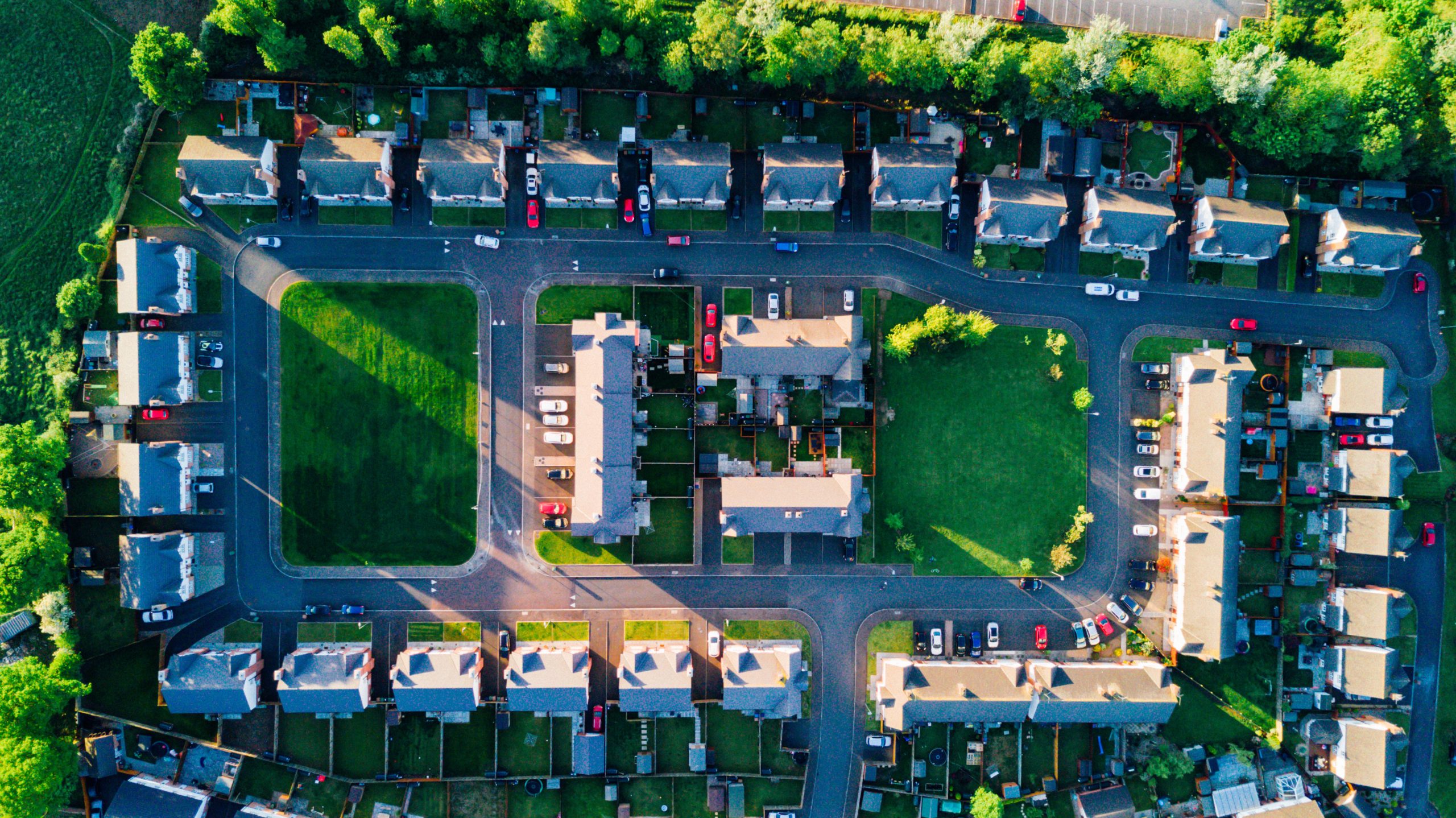
Staycation or Stay Away? Pennsylvania Courts Weigh In on Short-Term Rentals
The case of Johnson v. Pocono Twp. Zoning Hearing Bd. & Pocono Twp., 1048 C.D. 2021 (Pa. Commw. Ct. Feb 07, 2024) addressed several key legal principles related to Pennsylvania short–term rental (colloquy “Airbnb”) zoning ordinances and property rights. This Pennsylvania Common Pleas Appeals Court case did two important things:
First, it weighed in on an important question by deciding that a township’s zoning ordinance prohibiting short-term rentals is NOT “impermissibly exclusionary” in general.
Second, the Court clarified that a short-term rental property existing and operating BEFORE a township imposes such an ordinance (as mentioned above), may continue that use as a type of “variance by estoppel”. Meaning, if it was once legal, it is still legal.
First, on addressing the issue of whether a Pocono Township ordinance prohibiting “transient dwelling accommodations” could prevent short-term rentals in a single family home, the Court held that the issue of whether a proposed use falls within a given category of permitted use in a zoning ordinance is a question of law, subject to this Court’s review.” Caln Nether Co., L.P. v. Board of Supervisors of Thornbury Township, 840 A.2d 484, 491 (Pa. Cmwlth. 2004). Courts examine whether an ordinance is exclusionary using a two-step analysis:
“[W]e first consider whether the challenging party has overcome the presumed constitutionality of an ordinance by showing it excludes [the proposed use] as a use. If we determine the challenger has done so, we then consider whether the municipality has salvaged the ordinance by presenting evidence to show that the exclusionary regulation bears a substantial relationship to the public health, safety, morality, or welfare. Township of Exeter v. Zoning Hearing Board of Exeter Township, 962 A.2d 653, 661 (Pa. 2009).”
A party challenging the lawfulness of an ordinance bears a heavy burden [because] an ordinance is presumptively valid and constitutional.” Bloomsburg Industrial Ventures, LLC v. Town of Bloomsburg, 242 A.3d 969, 978 (Pa. Cmwlth. 2020) (citation omitted). “[Although] the Statutory Construction Act [of 1972][12] does not specifically apply to our construction of zoning ordinances, we have nonetheless applied [statutory construction] principles in our interpretive decisions. Slice of Life, LLC v.Hamilton Township Zoning Hearing Board, 207 A.3d 886 (Pa. 2019) at 899. “Thus, undefined words and phrases that appear in a zoning ordinance are to be given their ‘plain and ordinary meaning.'” Id. “When interpreting the meaning of a zoning ordinance, . . . [our] primary objective [is] determining the intent of the legislative body that enacted the ordinance.” Bloomsburg, 242 A.3d at 979 (citation omitted).[13] The Zoning Ordinance does not define “transient.” Merriam-Webster defines “transient” as “passing especially quickly into and out of existence,” or “passing through or by a place with only a brief stay or sojourn.”
When a term isn’t defined in a zoning ordinance, courts use its common meaning. They may refer to definitions in laws, regulations, or dictionaries for clarity. When applied to the Pocono Township Ordinance, the Court found the three component words of “transient dwelling accommodations” clearly denote a brief or “passing-through” residence or sleeping place for one or more persons that also may involve food and travel services. Where a zoning ordinance does not define a term, “it must be given its usual and ordinary meaning; if a court needs to define a term in a zoning ordinance, it may consult the definitions found in statutes, regulations, or dictionaries for guidance.” Nether Providence Township v. R.L. Fatscher Associates, Inc., 674 A.2d 749, 750-51 (Pa. Cmwlth. 1996)
The Supreme Court reversed, concluding that this Court’s broad reading of the zoning ordinance to permit all not-expressly-excluded uses within the narrower meaning of a “single family” use was improper and inconsistent with its decision in Albert and In re: Appeal of Miller, 515 A.2d 904 (Pa. 1986).[7] Id. at 902. In so concluding, the Supreme Court overruled the lower Court’s decisions in Marchenko and Shvekh v. Zoning Hearing Board of Stroud Township, 154 A.3d 408 (Pa. Cmwlth. 2017), to the extent that those decisions broadly interpreted the zoning ordinances at issue as permitting short-term rentals as part of a single-family dwelling use. The Supreme Court also reaffirmed the rule from Albert, namely, that “a purely transient use of a property is incompatible with the definition of a ‘family’ defined as a ‘single housekeeping unit.'” Id. at 903. Because the Property owner in Slice of Life used the house exclusively for short-term rentals that were a “purely transient” use, that use did not come within the meaning of “single-family dwelling” in a residential district and therefore was not permitted. Based on this reasoning, the Court in Pocono Township concluded that the ordinance was legal and did effectively regulate short term rentals.
Landowners in Pocono Township argued additionally that, even if the ordinance is determined to be valid (as it was) their utilization of the Property for short-term rentals is a legal, nonconforming use that they must be permitted to continue. They emphasize that this use was legal in 2017 when they received the License from the Zoning Officer pursuant to the 2017 Ordinance, and the License was renewed and still in effect when the Township rescinded the 2017 Ordinance and enacted the 2019 Ordinance. From a Legal perspective, property uses that were legal before new zoning laws took effect can usually continue, unless they’re illegal or become nuisances, this is a concept known as Variance by Estoppel. Property owners must provide solid evidence that the use existed before the zoning law came into place to claim this right.
The Court has noted that a lawful nonconforming use is a use that predates the enactment of a prohibitory zoning restriction. DoMiJo, LLC v. McLain, 41 A.3d 967, 972 (Pa. Cmwlth. 2012). The ability to maintain a nonconforming use is “only available for uses that were lawful when they came into existence and which existed when the ordinance took effect.” Hafner v. Zoning Hearing Board of Allen Township, 974 A.2d 1204, 1210-11 (Pa. Cmwlth. 2009).
Here, the Court concluded that because the property owners had been issued a short-term rental license in 2017, that the Pocono Township Zoning Board Erred in denying Landowners’ Application, and they reversed the trial court to the extent that it concluded to the contrary. The Court “accordingly remand this matter to the trial court for further remand to the ZHB with instructions to grant Landowners’ Application.”
In summary, the case dealt with the interpretation of zoning laws, the rights of property owners, and the process for challenging zoning decisions. They concluded that the zoning ordinance wasn’t found to be unlawfully exclusionary. However, the Zoning Hearing Board (ZHB) made an error in denying the landowners’ application. The case was sent back to the trial court with instructions to grant the landowners’ application.

